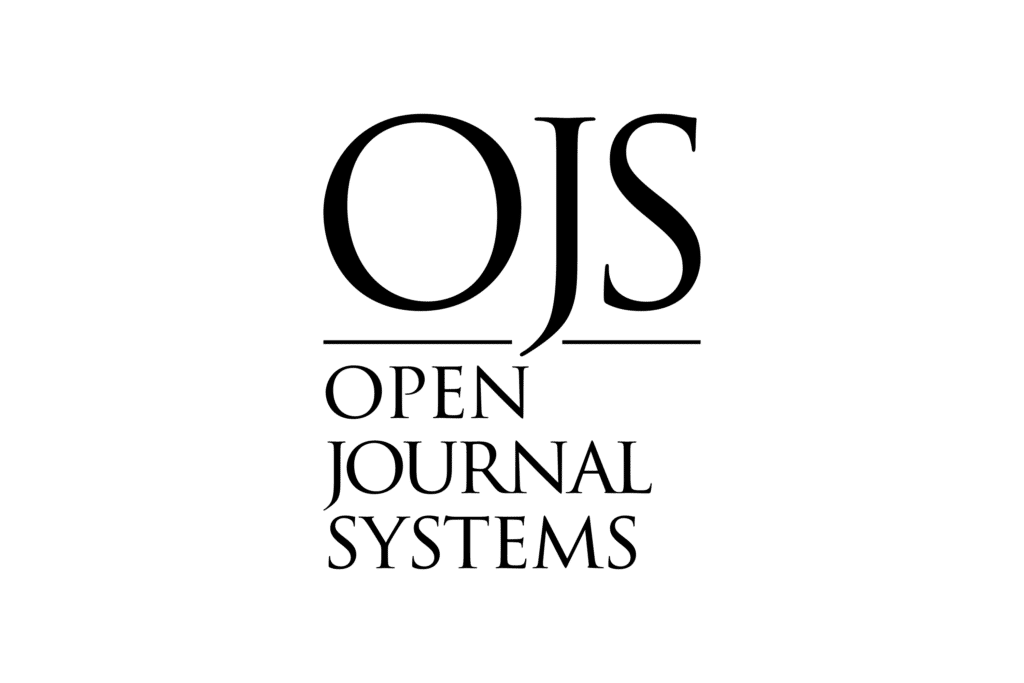CONCEPTION OF THE BODY IN AMERINDIAN PERSPECTIVISM
CONTRIBUTIONS TO RETHINK THE FORMATION OF THE SUBJECT OF EDUCATION
DOI:
https://doi.org/10.52579/diapi.vol5.i2.a20689Keywords:
Body, Amerindian Perspectivism, Subject of EducationAbstract
The Amerindian conception of the body opens up new possibilities for thinking about the constitution of the subject of education. Based on this assumption, the present work aims to understand the conception of the body present in the so-called Amerindian perspectivism. This is theoretical research aimed at dialogue with other systems of thought distinct from those forged by modern rationality. Located within the scope of Philosophy of Education, the investigation discusses the reports of the Yanomami leader Davi Kopenawa recorded in the book The Fall of the Sky. The results allow us to understand a Bildung sui generis, a complex process of human formation supported by the centrality of the figure of the shaman both in the process of manufacturing bodies and in the transmission and dissemination of knowledge. For Amerindian populations, the education of the human subject emerges, therefore, inseparable from the processes of transformation of the body. Thus, it is possible to conclude that Amerindian philosophies directly oppose the hegemonic way of situating the body in modern educational theories, signaling new paths of investigation.
Downloads
References
DESCOLA, P. As lanças do Crepúsculo. São Paulo: Editora Cosac-Naify, 2006.
DESCOLA, P. Estrutura ou sentimento: a relação com o animal na Amazônia. Mana, Rio de Janeiro, v. 4, n. 1, abr. 1998.
FOUCAULT, M. Vigiar e punir: nascimento da prisão. 29aed. Petrópolis: Editora Vozes, 2004. (Tradução de Raquel Ramalhete).
FOUCAULT, M. História da sexualidade I: A vontade de saber. Rio de Janeiro, Edições Graal, 1988.
LAGROU, E. M. O que nos diz a arte kaxinawa sobre a relação entre identidade e alteridade? http://www.scielo.br/scielo.php?script=sci_arttext&pid=S0104-93132002000100002.
LIMA, T. S.O que é um corpo. Religião e Sociedade, n. 22, p. 9-19, 2002.
KOPENAWA, Albert, Bruce, Davi. A queda do céu: Palavras de um xamã yanomami / Davi Kopenawa e Bruce Albert; tradução Beatriz Perrone-Moisés; prefácio de Eduardo Viveiros de Castro - 1• ed. - São Paulo - Companhia das Letras, 2015.
MACCALLUM, C. A. O corpo que sabe: da epistemologia Kaxinawá para uma antropologia médicas das terras baixas sul-americanas. In: ALVES, P.C.; RABELO, M.C. (Orgs). Antropologia da saúde: traçando identidades e
explorando fronteiras [online]. Rio de Janeiro: Editora FIOCRUZ; Rio de Janeiro: Editora Relume Dumará, 1998. pp. 215-245.
VIVEIROS DE CASTRO, E. O nativo relativo. Mana, Rio de Janeiro, v. 8, n. 1, p. 113-148, abr. 2002.
VIVEIROS DE CASTRO, E. Os pronomes cosmológicos e o perspectivismo ameríndio. Mana, Rio de Janeiro, v. 2, n. 2, p. 115-144, out. 1996.
Downloads
Published
How to Cite
Issue
Section
License
Copyright (c) 2024 Maria do Socorro Beltrão Silva

This work is licensed under a Creative Commons Attribution-ShareAlike 4.0 International License.
Direitos Autorais
A submissão de originais para a Diálogos e Perspectivas Interventivas (DIAPI) implica na transferência, pelas(os) autoras(es), dos direitos de publicação. Os direitos autorais para os manuscritos publicados nesta revista são das(os) autoras(es), com direitos da DIAPI sobre a primeira publicação. As(os) autoras(es) somente poderão utilizar os mesmos resultados em outras publicações indicando explicitamente a DIAPI como o meio da publicação original.
Licença Creative Commons
Exceto onde especificado diferentemente, aplicam-se à matéria publicada nesta revista científica os termos da licença Creative Commons Attribution-ShareAlike 4.0 International License, que permite o uso irrestrito, a distribuição e a reprodução em qualquer meio desde que a publicação original seja corretamente citada.













 Esta obra está licenciada com uma Licença
Esta obra está licenciada com uma Licença 